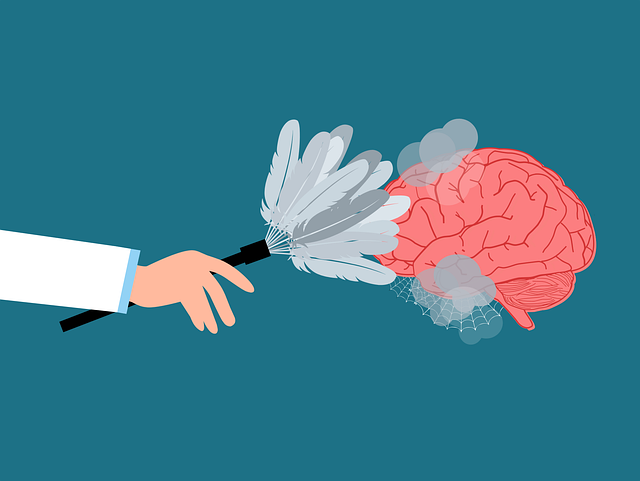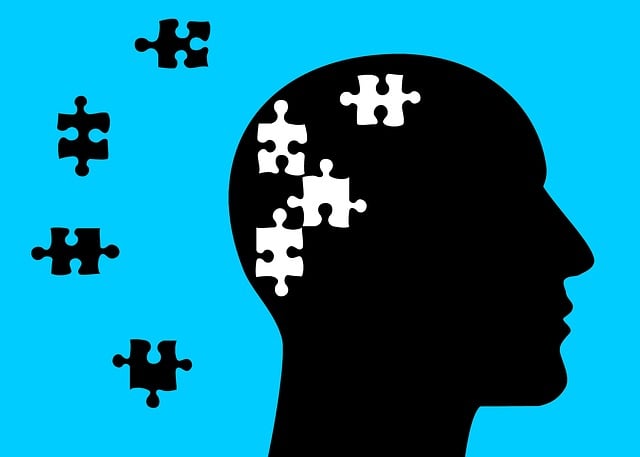Mental health advocacy, led by initiatives like Castle Rock Mental Health Evaluations and Therapy, is a powerful tool for positive change. By raising awareness, reducing stigma, and promoting understanding, these advocates ensure people get the support they need for their mental well-being. Through personal stories, policy changes, and open conversations, they drive a culture of compassion and access to resources like therapy, mood management, and confidence-boosting strategies. This collective effort fosters an empathetic society where emotional well-being is prioritized, aiming for equal access to care for all.
Mental health advocacy plays a pivotal role in fostering awareness, dispelling stigma, and providing crucial support for those facing mental health challenges. This article explores three key components essential to this cause: understanding advocacy’s power, delving into comprehensive mental health evaluations like Castle Rock Mental Health Evaluations, and recognizing therapy as a cornerstone for recovery. By examining these initiatives, we can unlock pathways to improved well-being and enhanced accessibility to care. Through personalized treatment plans and evidence-based practices, including therapy, advocacy initiatives are transforming lives.
- Understanding Mental Health Advocacy: A Cornerstone for Change
- – Define mental health advocacy and its significance in promoting awareness and support.
- – Discuss the role of initiatives in breaking down stigma and providing resources.
Understanding Mental Health Advocacy: A Cornerstone for Change

Mental health advocacy initiatives are a cornerstone for bringing about positive change in an individual’s life and within communities. It involves raising awareness, challenging stigmas, and promoting understanding to ensure people receive the support they need for their mental well-being. Advocacy can take many forms, from personal storytelling to policy changes at local or national levels.
These efforts are crucial in encouraging open conversations about mental health, similar to how Castle Rock Mental Health Evaluations and Therapy facilitate assessments and treatment. By advocating for improved access to resources like therapy, mood management techniques, and confidence-boosting strategies, communities can foster a culture of compassion and support. Compassion cultivation practices, for instance, have been shown to reduce stress and increase resilience, forming a robust foundation for overall mental health.
– Define mental health advocacy and its significance in promoting awareness and support.

Mental health advocacy is a powerful force for positive change, focusing on raising awareness and breaking down stigma surrounding mental health issues. It involves championing for improved access to mental health evaluations, therapy, and overall support systems. By advocating for mental well-being, individuals and organizations play a crucial role in fostering a more compassionate society. This initiative ensures that those struggling with their mental health receive the necessary tools for self-awareness exercises, compassion cultivation practices, and emotional regulation—ultimately enhancing their quality of life.
Through advocacy, communities can access resources like Castle Rock Mental Health services, where professionals provide evaluations and therapy tailored to individual needs. By promoting these initiatives, we create an environment that encourages open conversations about mental health, ensuring folks feel supported and less isolated in their struggles. This collective effort paves the way for a more informed and empathetic society, where emotional well-being is prioritized and nurtured.
– Discuss the role of initiatives in breaking down stigma and providing resources.

Mental health advocacy initiatives play a pivotal role in breaking down the barriers created by stigma surrounding mental illness. Through public awareness campaigns and educational programs, these initiatives help dispel myths and misconceptions, fostering a more inclusive and supportive society. By providing accessible resources like Castle Rock Mental Health Evaluations and Therapy services, they ensure that individuals facing challenges have the tools needed to navigate their mental health journeys effectively.
These efforts extend beyond mere support; they also focus on stigma reduction through targeted interventions. Programs designed to enhance stress management and promote early intervention strategies help in identifying risks associated with mental health issues, as highlighted by risk assessments for mental health professionals. Ultimately, these advocacy initiatives work towards ensuring that everyone has equal access to the care and resources needed to thrive, regardless of their mental health status.
Mental health advocacy initiatives, such as those that facilitate accessible Castle Rock Mental Health Evaluations and therapy services, play a pivotal role in fostering understanding and support. By breaking down barriers and challenging the stigma surrounding mental health issues, these initiatives create an environment where individuals can openly seek help. Through education, resources, and community engagement, they empower people to take charge of their well-being, ultimately leading to improved mental health outcomes for all.













